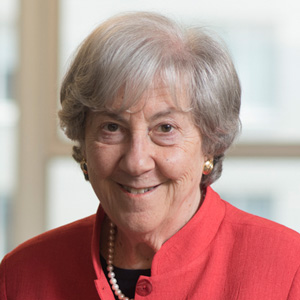When the Berlin Wall fell in 1989, so did the momentum behind the socialist intellectuals of the West. The awful human costs of socialist totalitarianism had become clear to all, especially the Jews, whose refusal to melt away into class consciousness made them a special target in Israel and the Diaspora. The idea that you could understand the truth of human affairs or govern a nation through class struggle, secularism, and a centrally planned economy was left to decompose on the trash heap of history.
Or so we thought. At the center of American culture, the social discord of class conflict has reemerged in the categories of race and identity, and in the heart of American politics, central planning breathes renewed life. Why have so many Jews in the modern age been tempted by the socialist vision? Why did attempts to blend Judaism and Socialism fail? Why are the Jewish and the socialist worldviews in such tension? Former Harvard professor and distinguished senior fellow at the Tikvah Fund, Ruth Wisse helps us understand what socialism’s reemergence means and how to fight against it.
